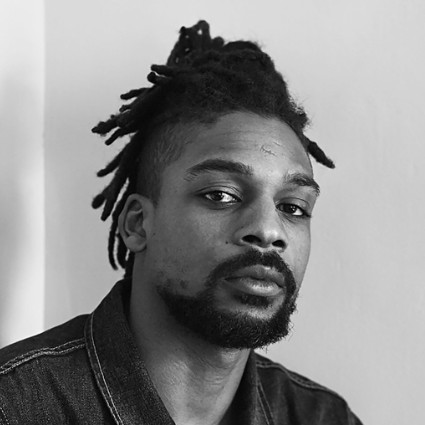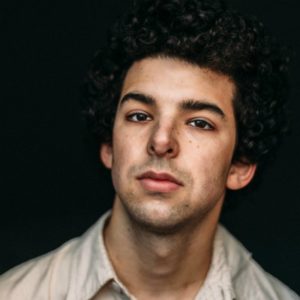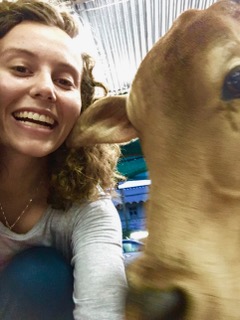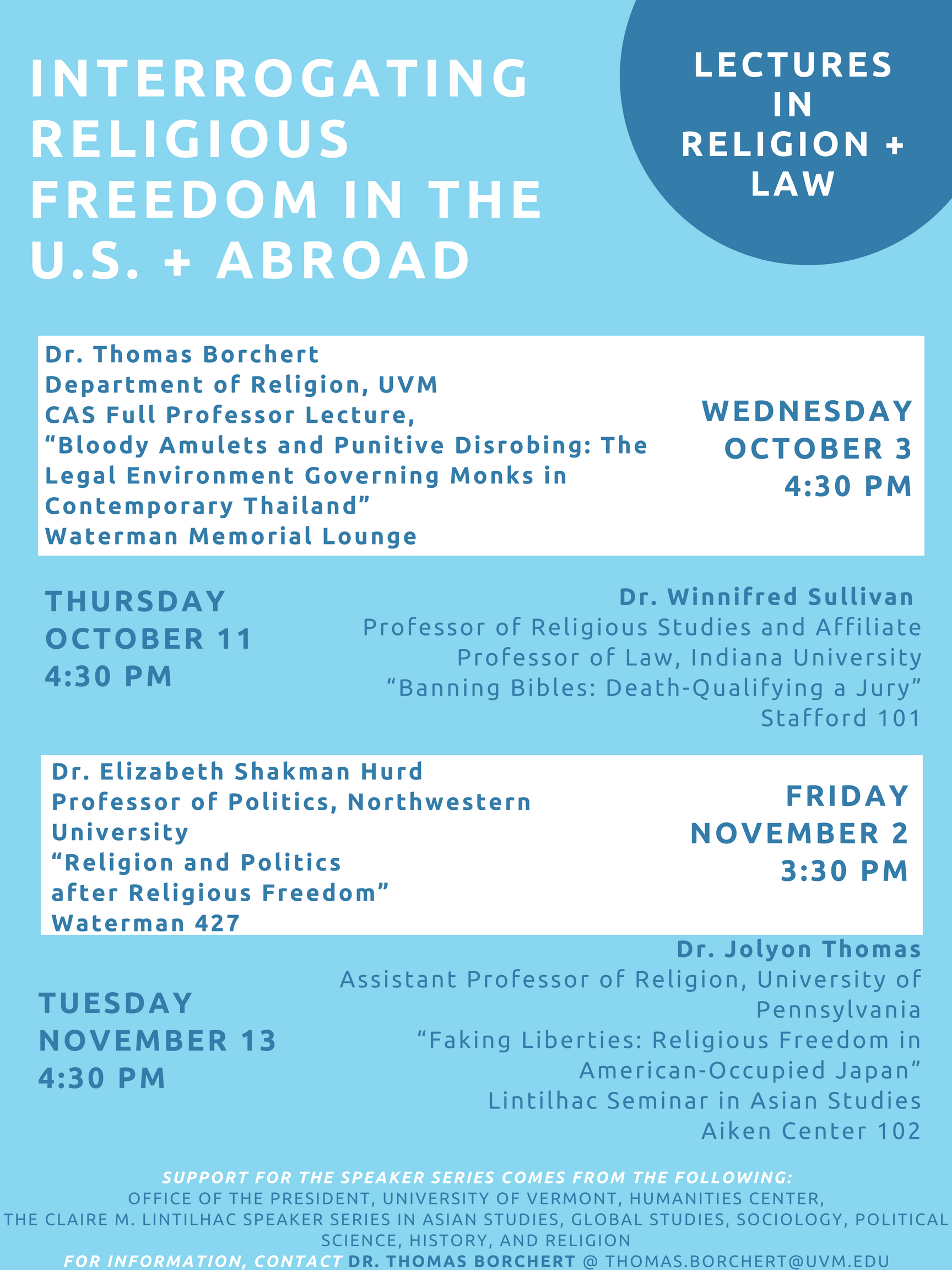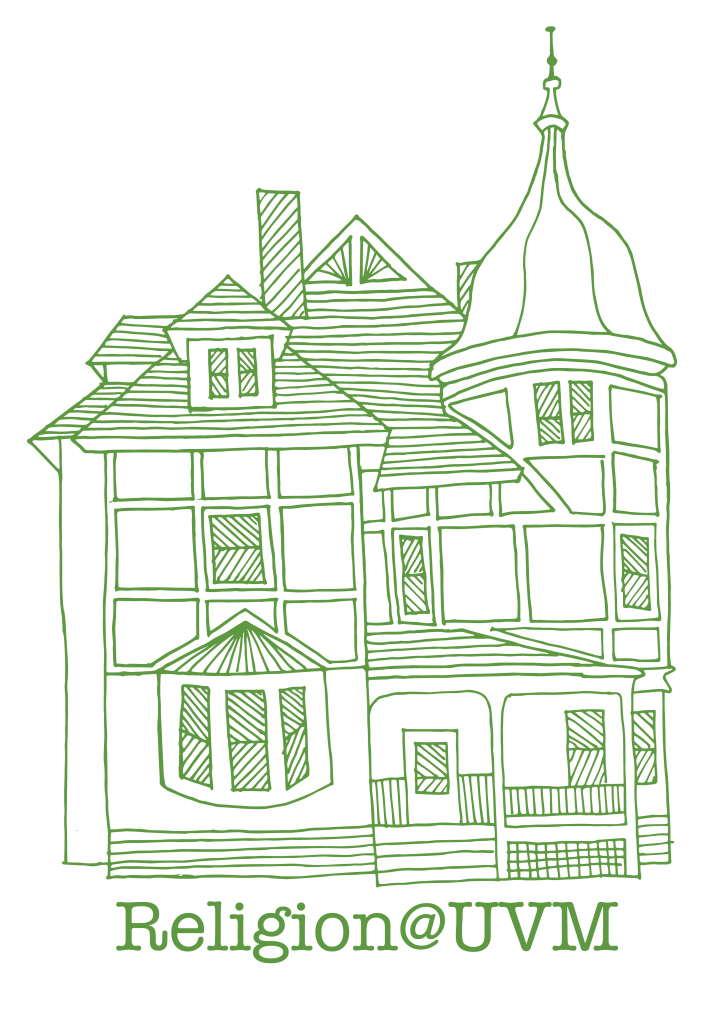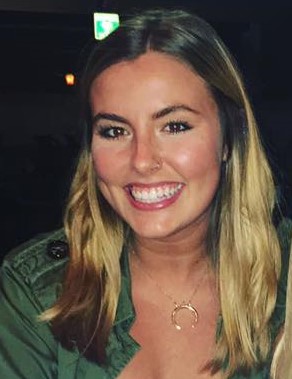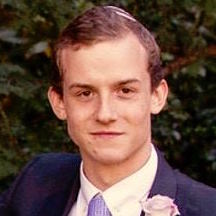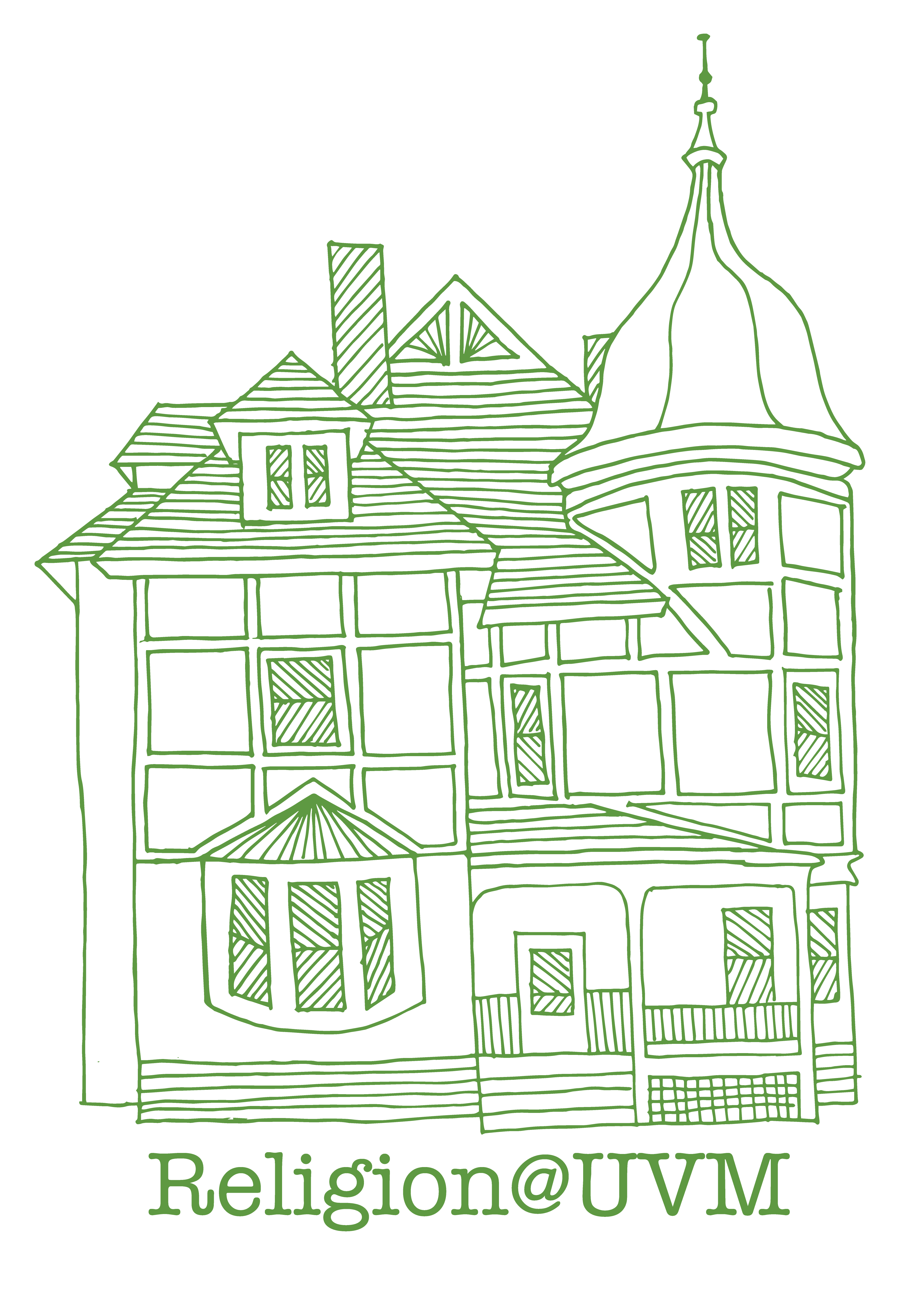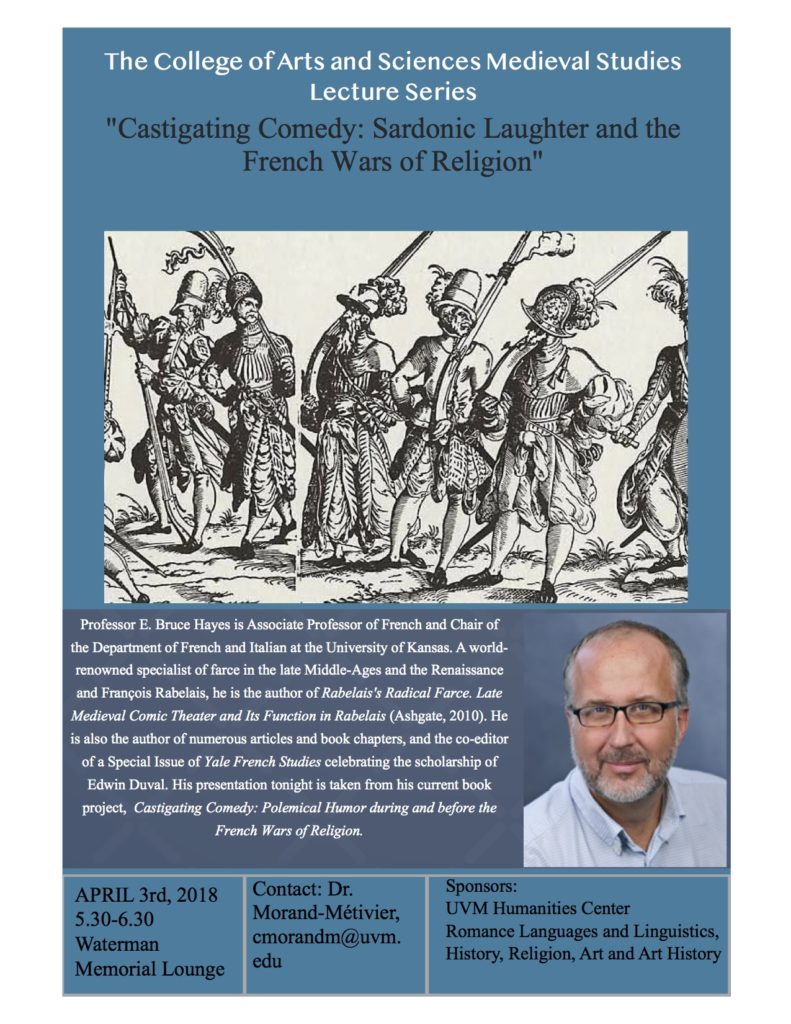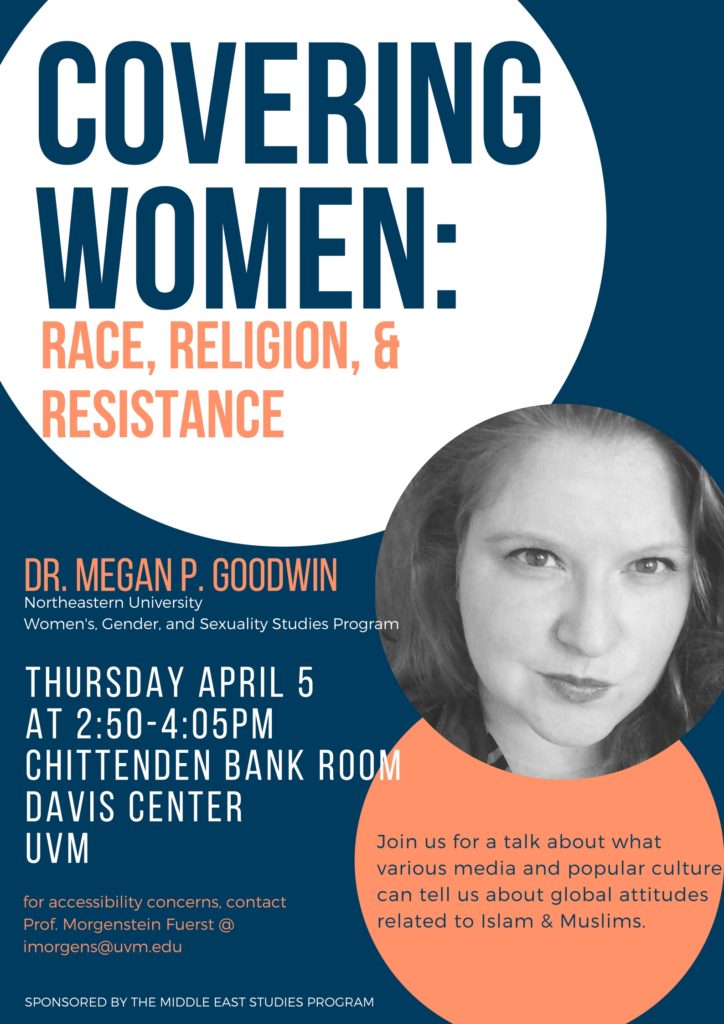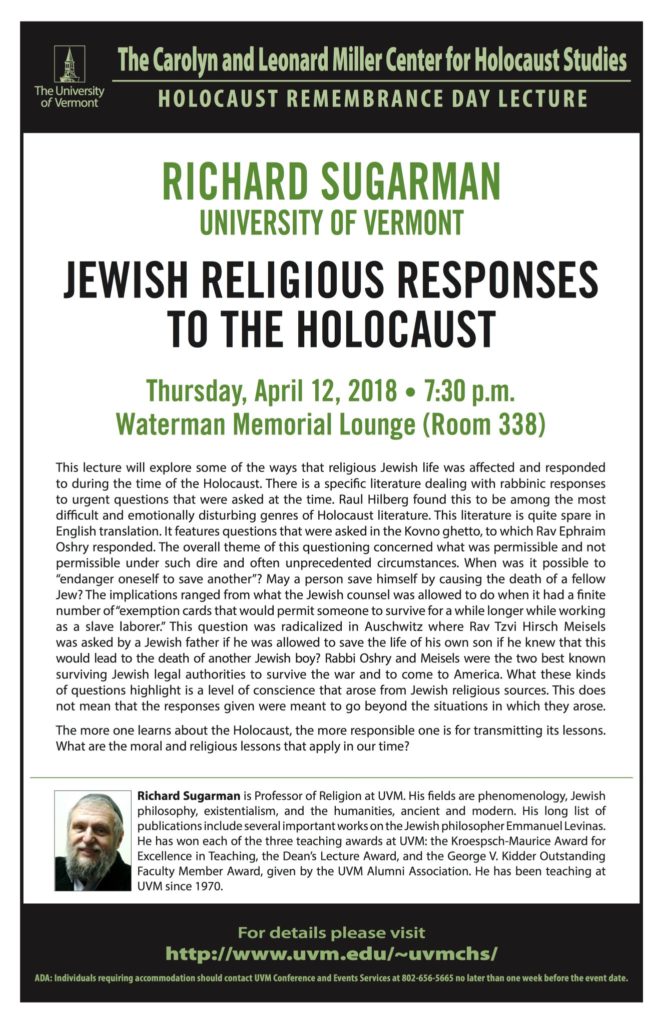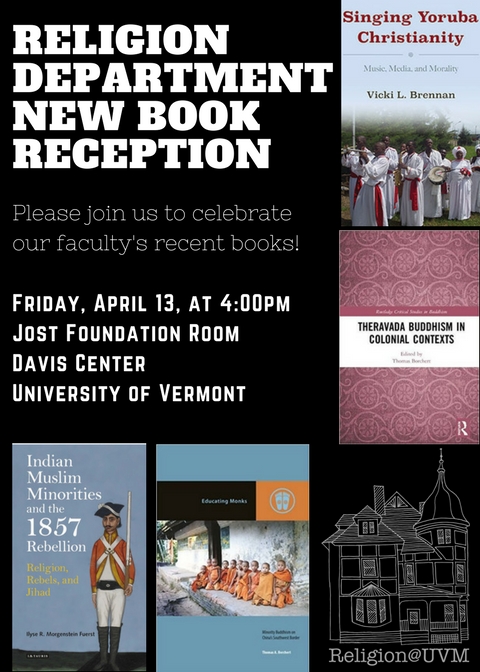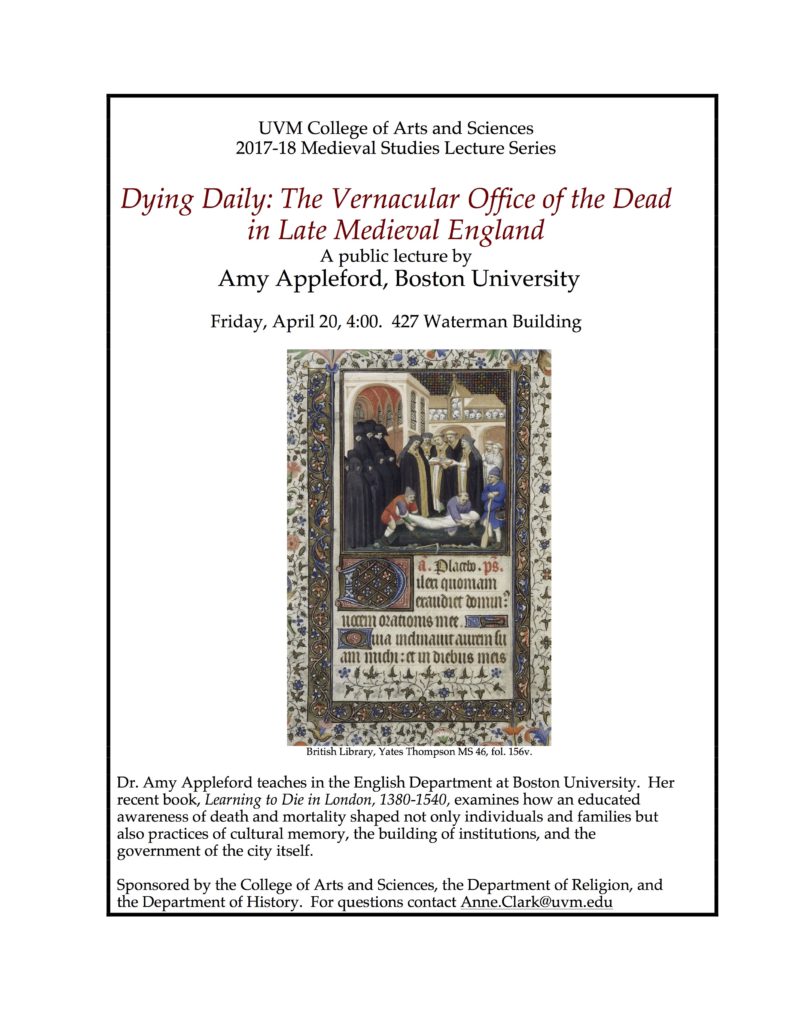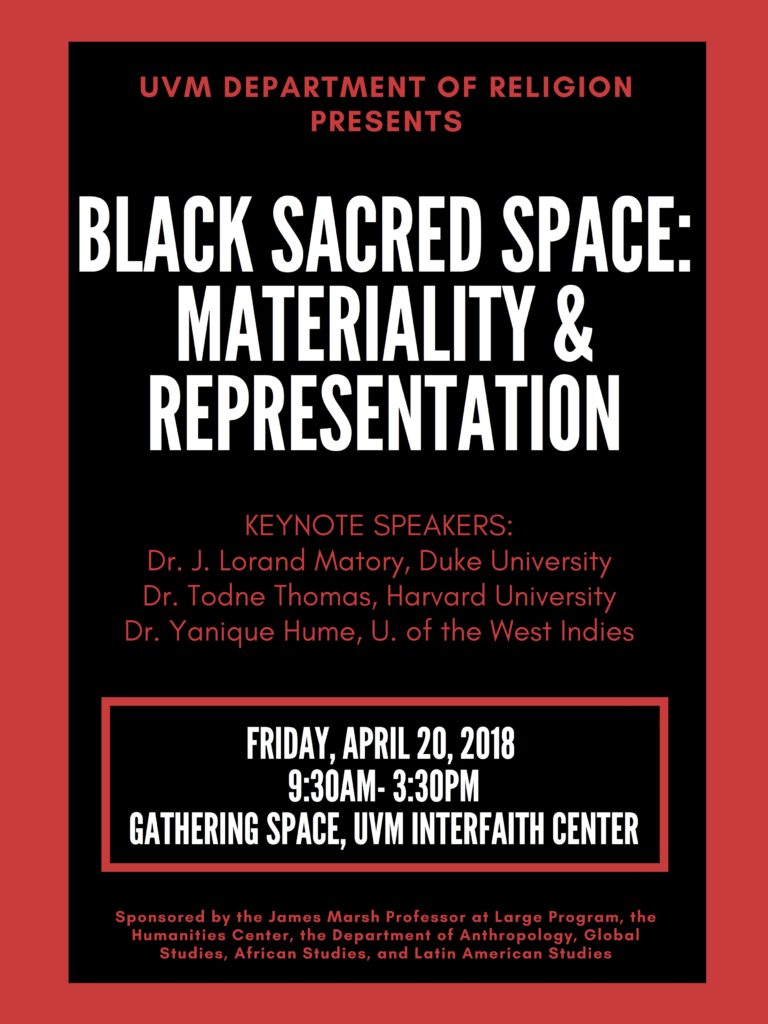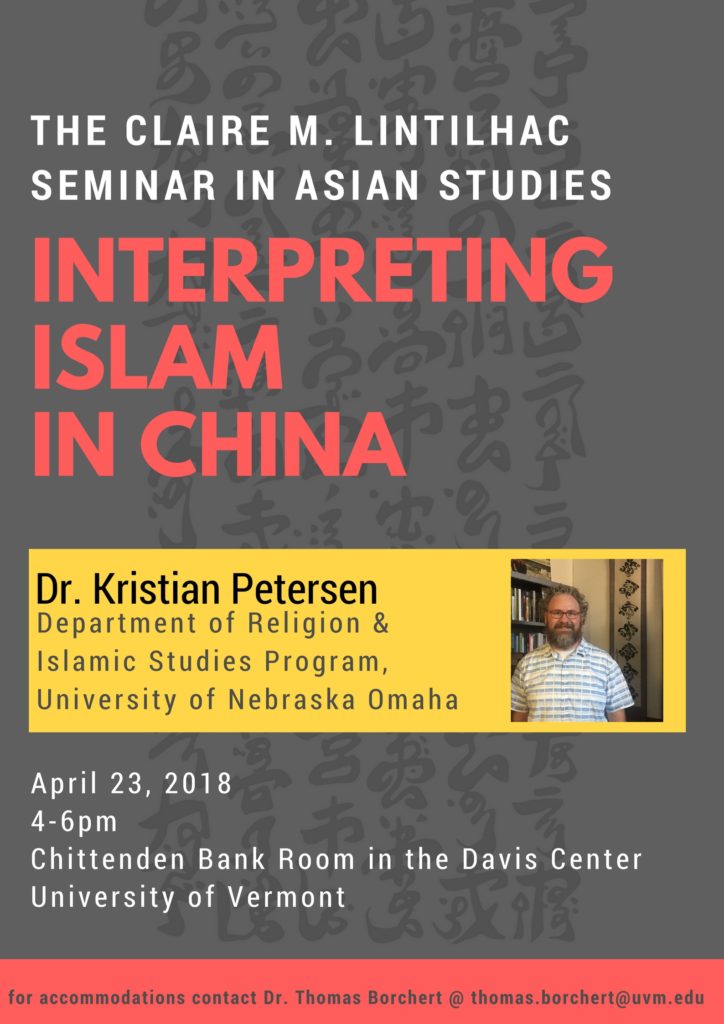GRAD PLUMBS UVM EXPERIENCE, HISTORY IN DEBUT NOVEL
– By Tom Weaver, Vermont Quarterly, Spring 2018
Simeon Marsalis arrived on the UVM campus in 2009 focused on playing varsity basketball. Though he stepped away from the game after his sophomore season, Marsalis stayed at the university to earn his degree in religion in 2013 and had the rare opportunity to sit among his fellow graduates for a commencement address from his own father, famed musician Wynton Marsalis. Post-graduation, Marsalis has lived in cultural capitals New York City and New Orleans, but Burlington’s hooks remained set within the creative center of his mind. Last year, Catapult Books published Marsalis’s first novel, As Lie Is To Grin, which follows a protagonist named David on a nonlinear journey from his home in New York City to the University of Vermont, and back again.
Between the writing required in his courses and the journaling and fiction he tackled in his free time, Marsalis was well on his way as a writer by the time he graduated. “My work with the Religion Department was essential to my growth as a writer,” he says.
Post-graduation, Marsalis has lived in cultural capitals New York City and New Orleans, but Burlington’s hooks remained set within the creative center of his mind. This past October, Catapult Books published Marsalis’s first novel, As Lie Is To Grin, which follows a protagonist named David on a nonlinear journey from his home in New York City to the University of Vermont, and back again.
After leaving Burlington, Marsalis found himself frequently returning to study the architecture on campus. The book includes beautifully detailed descriptions of some of UVM’s most notable buildings. Marsalis also spent many hours combing the university archives to research the school’s blemished racial past, which plays a central role in protagonist David’s character development.
“It is about a freshman in college who questions the reasons why he has arrived at that particular university,” the author says, discussing the book’s plot. “He begins to research his own reasons for attending that university, and discovers an alumni ritual with a deeply personal resonance. The campus itself is its own character within the novel. I couldn’t have written this novel if I had not gone to UVM.”
Marsalis’s family roots, surrounded by musical artists, helped instill the confidence and work ethic to pursue a career in writing. “Watching my father and grandfather and uncles all those years allowed me to see the amount of work it takes to make it as an artist,” he says. “It helped me see art not as an abstract pursuit, but as an approachable entity. I had a very real connection to the amount of time it takes to hone an art. I didn’t see it as something that was foreign and unapproachable. I saw it as a distinct language that you had to learn, but once you learn that language, that’s where the freedom and play comes in.”
Spending weekends at his father’s house growing up, Marsalis also saw the amount of work required to make a living off of one’s art. “My father practices obsessively, it was all day,” says Marsalis. “There was always something to work on, whether it be the next piece, refining an old piece, or anything else. As an artist, it can be maddening because there is something you could be working on literally every second of the day. Seeing him and that work ethic, it originally really had an impact on the way I played basketball, because it made me see my goals in that sport as an attainable thing that had to do with work more so than something esoteric like talent or luck. More recently, I place my belief in work and work ethic as a way to develop my writing talent and to cultivate some of my own luck as an artist.”
Between the writing required in his courses and the journaling and fiction he tackled in his free time, Marsalis was well on his way as a writer by the time he graduated. “My work with the Religion Department was essential to my growth as a writer,” he says.
Since the book’s release, Marsalis has traveled widely—Seattle to Austin to Boston and many points between—to promote his novel at readings and festivals. The book has been well-received and got a cover-blurb boost from noted UVM poet/professor Major Jackson. “There are so many people at UVM who have been a big help to me,” says Marsalis. “Obviously Major Jackson, but also Sean Witters and so many people from the Religion Department, like Vicki Brennan and Kevin Trainor.”

